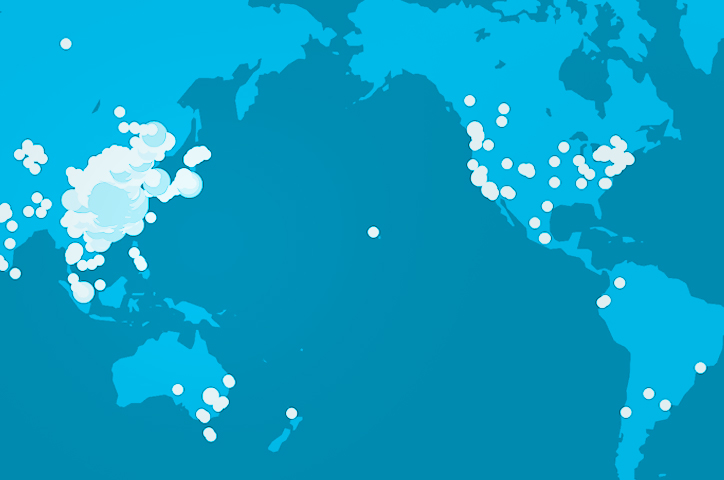The new coronavirus: Answers to your questions

As the new coronavirus, COVID-19, continues to spread across the world, people are becoming increasingly concerned about how to keep their families safe. To address these concerns, we sat down with Dr. Thomas Sandora from the Division of Infectious Diseases at Boston Children’s Hospital to get answers to some of the most pressing questions.
Do we need to worry about the virus spreading in our community?
It seems likely that COVID-19 will ultimately spread in our community, given its rapid spread to multiple countries around the world. However, at the current time, about 80 percent of the cases are mild.
Who is most susceptible to a severe form of COVID-19?
So far, severe disease has most commonly been seen in older individuals and those with underlying medical illnesses.
Is there any information on the risk to kids and pregnant women?
At this time, based on available reports, children seem to have milder disease than adults, but more information about infection in children and pregnant women is needed.
Should families consider postponing travel, especially to other countries where the virus is starting to emerge?
This is a dynamic situation and is changing rapidly. Families should check the Centers for Disease Control (CDC) website for current travel recommendations. The decision whether to travel will depend on multiple factors, including the age and health of the travelers and each family’s assessment of risks versus benefits.
Is it helpful to wear a facemask when in crowded public spaces?
Healthy individuals in the community do not need to wear a facemask. Masks should be reserved for individuals with respiratory symptoms, or for health care workers or others who are providing care to ill individuals.
HealthMap: Tracking 2019-nCoV in real time
The Boston Children’s Hospital Informatics Program created HealthMap, an online resource and smart phone app that helps track the spread of contagious diseases in real time, including 2019-nCoV.
What precautions can families take to protect themselves?
Families can help protect themselves by:
- performing frequent hand hygiene (either washing with soap and water or using an alcohol-based hand sanitizer)
- covering their cough and sneezes (cough into an elbow or a tissue)
- avoiding close contact with people who are ill
We can all also practice not touching our faces (which we do many times every hour!) as a way to minimize the risk of infection.
How can our family prepare for an outbreak?
There are several steps families can take to help prepare for an outbreak in their community, including creating a plan of action, practicing good health practices, and preparing for school and work closures. The CDC has created a page that offers families specific guidance on how to prepare.
What should I do if a family member develops symptoms?
If it’s not an emergency, call your physician to discuss the situation.
How are people tested for COVID-19?
The test involves collecting swabs from both the nose and the throat.
How is COVID-19 treated?
There are no specific treatments. Supportive care includes providing oxygen if needed, supporting breathing, and providing fluids to avoid dehydration.
Learn more about COVID-19.
About our expert: Thomas Sandora, MD, MPH, is a senior associate physician in pediatrics in the Division of Infectious Diseases, hospital epidemiologist, and medical director of Infection Prevention and Control at Boston Children’s Hospital. He is also an associate professor of pediatrics at Harvard Medical School.
Related Posts :
-

No limitations: How Flora found answers for MOG antibody disease
Flora Ringler’s fifth birthday didn’t turn out as she had hoped. She and her family were vacationing in ...
-

Forecasting the future for childhood cancer survivors
Children are much more likely to survive cancer today than 50 years ago. Unfortunately, as adults, many of them develop cardiovascular ...
-

What orthopedic trauma surgeons wish more parents knew about lawnmower injuries
Summer is full of delights: lemonade, ice cream, and fresh-cut grass to name a few. Unfortunately, the warmer months can ...
-

Partnering diet and intestinal microbes to protect against GI disease
Despite being an everyday necessity, nutrition is something of a black box. We know that many plant-based foods are good ...





